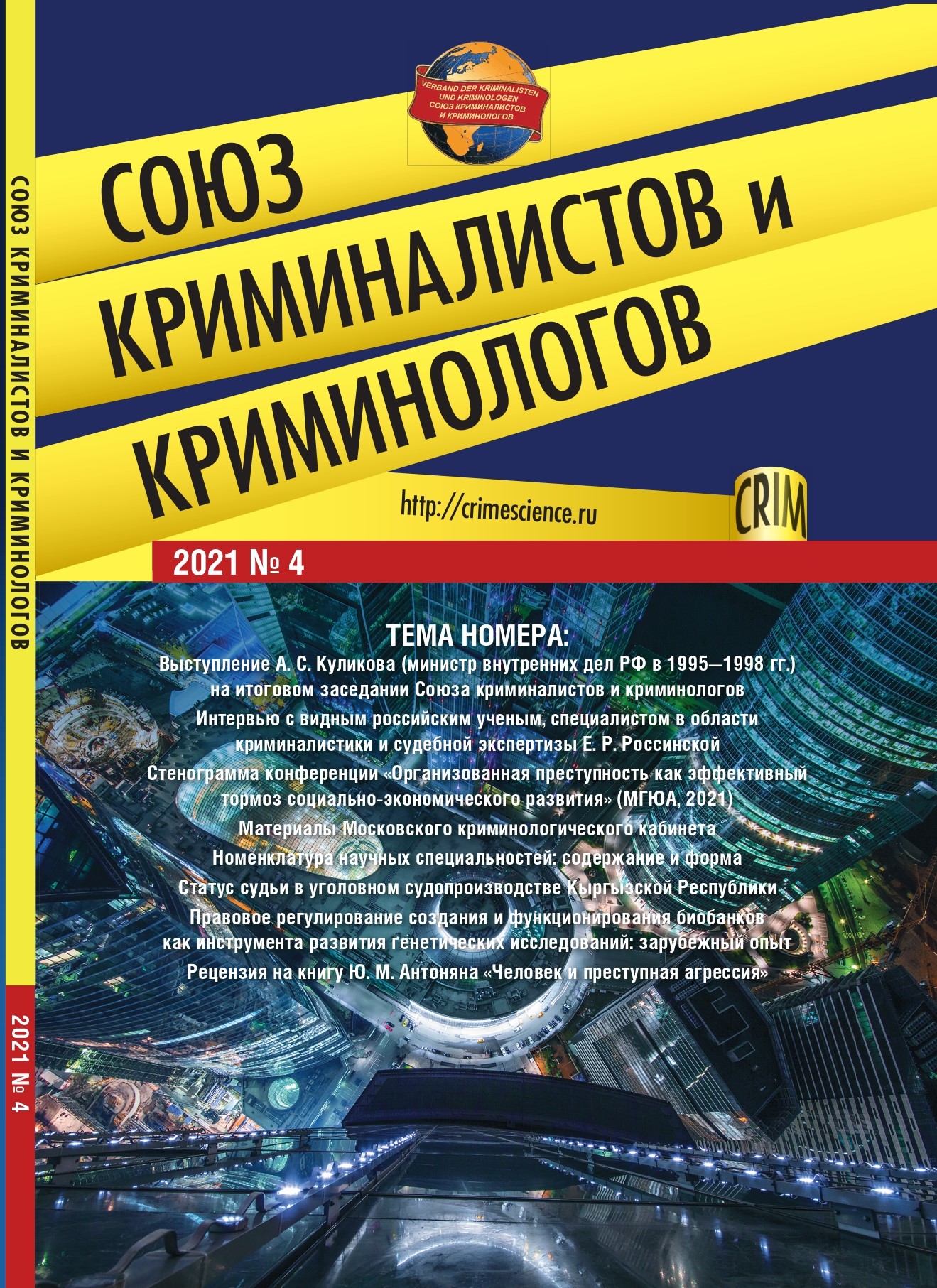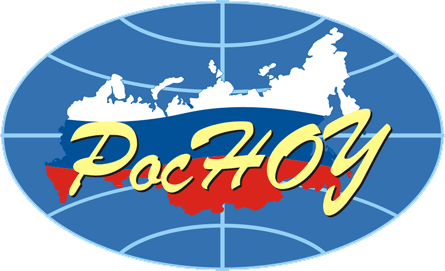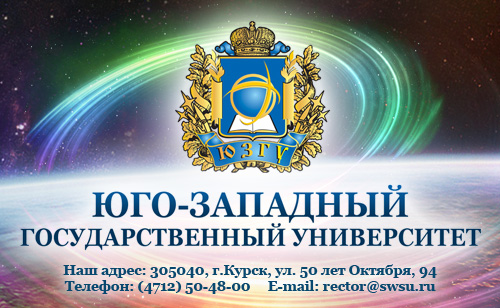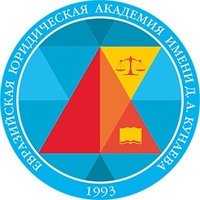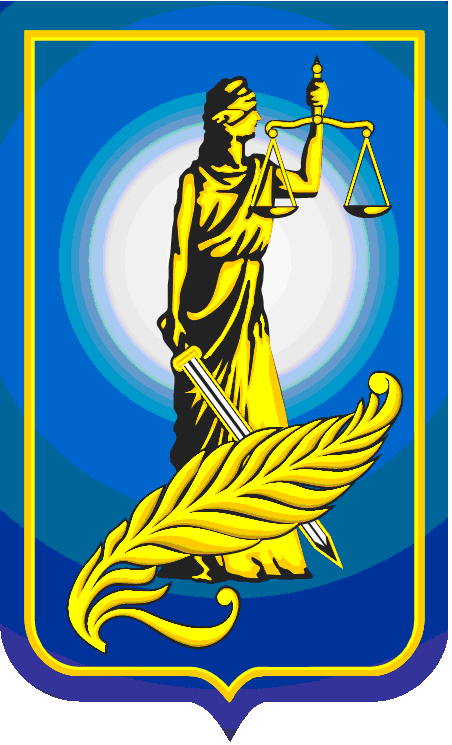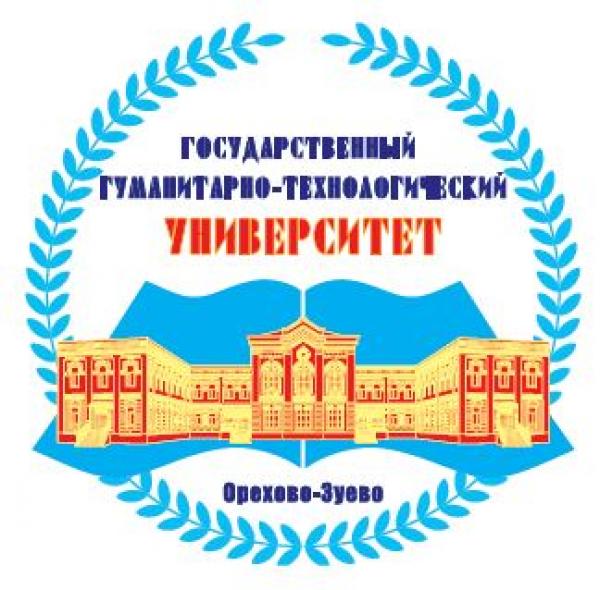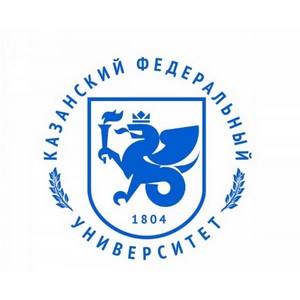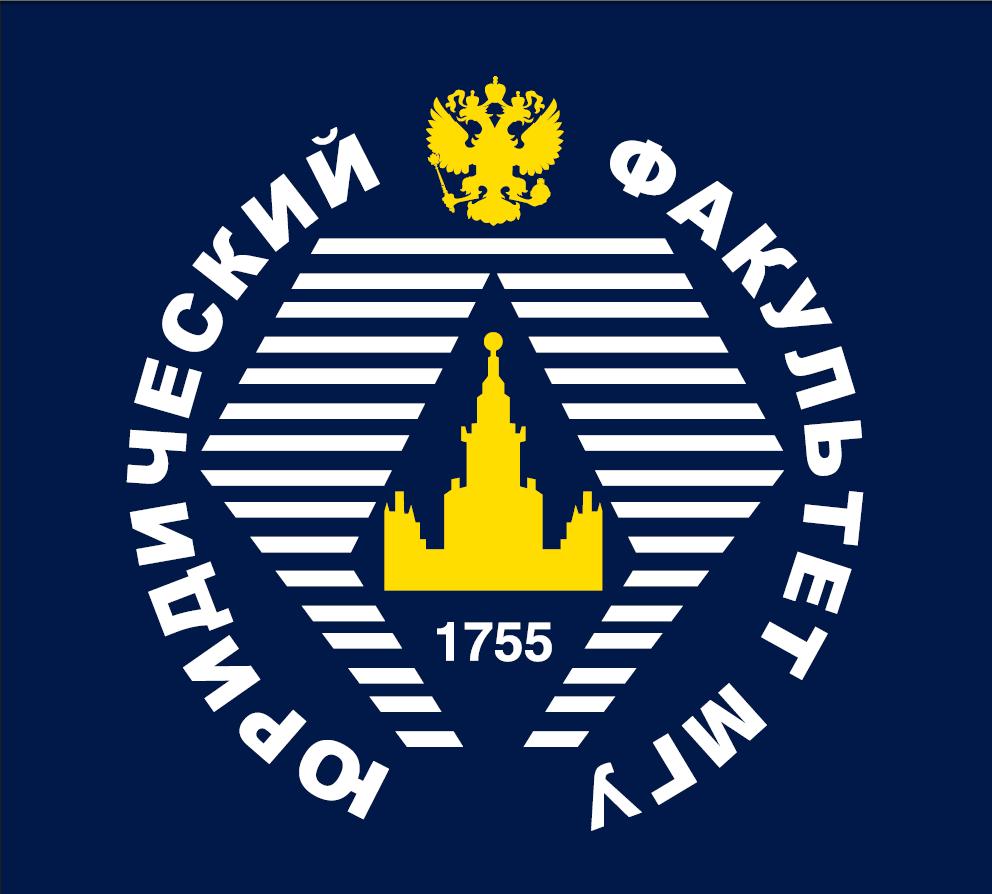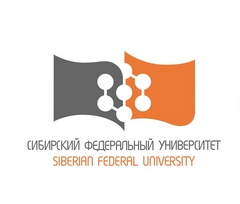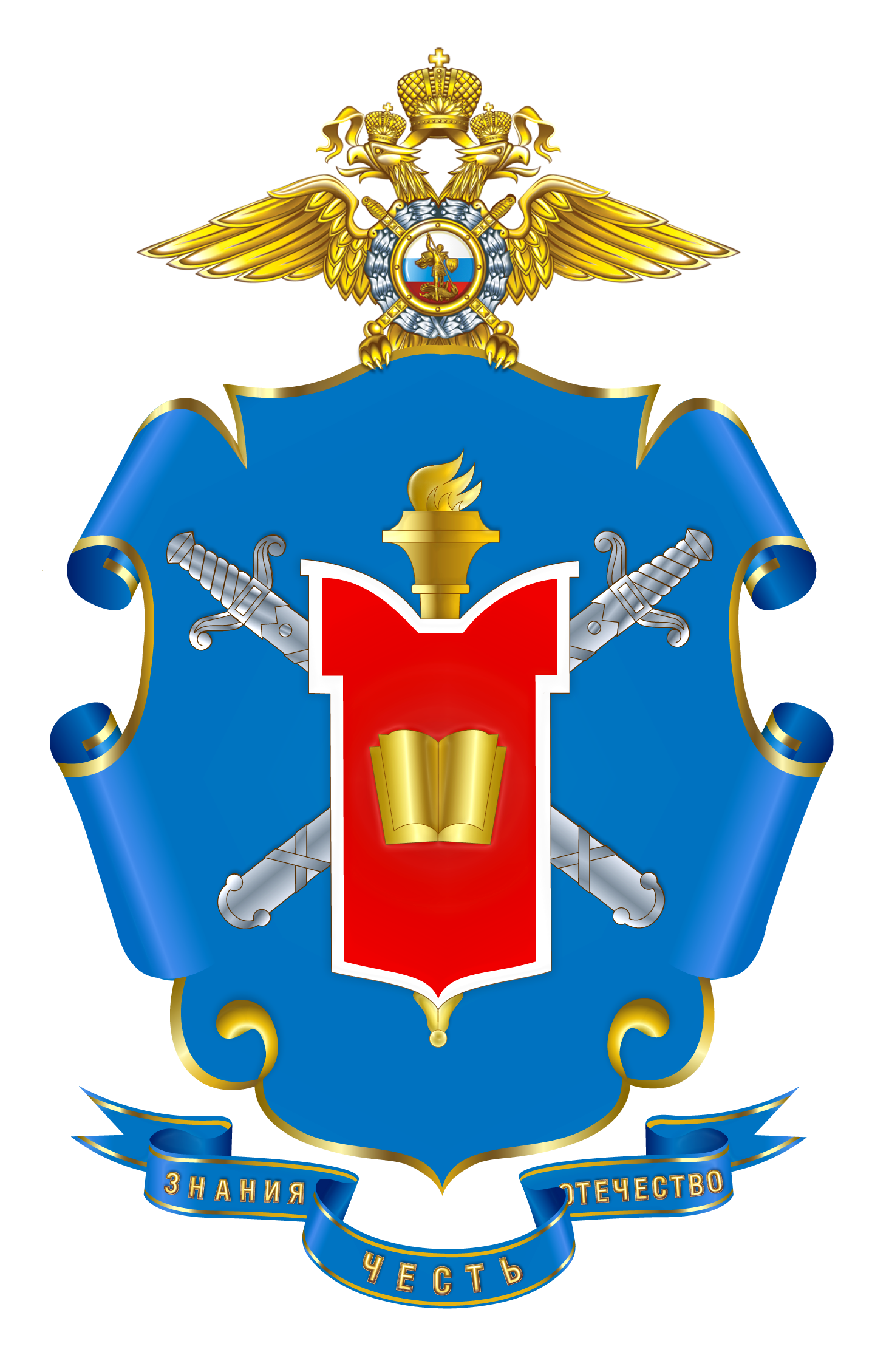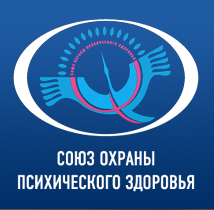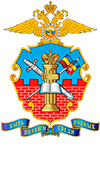On 8 September 2021, a regular online meeting of the Author’s project ‘Criminal law gatherings at N.A. Lopashenko’s’ was held jointly with the Union of Criminalists and Criminologists’ Office in Saratov. The event was held in the MONO-format and was dedicated to the speech of Doctor of Legal Sciences, Associate Professor, Professor of the Chair of Criminal Law and Procedure at Northern (Arctic) Federal University (Arkhangelsk) Nina Yu. Skripchenko.
The main speaker Professor Nina Yu. Skripchenko made a report on the topic ‘Criminal law mechanism for compensation for damage caused by a crime: trends in legislative regulation and practical implementation.’
She pointed out that ‘by assigning a place to the compensation for damage caused by a crime, either in the system of coercive measures, or incentive measures, the legislator made a decision to strengthen private interests, expanding the grounds for exemption from criminal liability, reducing the requirements for post-criminal behaviour of the accused. The revealed legislative transformation of the perpetrator’s restorative actions determined the law enforcement officer’s re-evaluation of their content.
The Plenum of the Supreme Court of the Russian Federation recognised the violator’s personal participation in the compensation for damage optional and transferred the ‘compensation for damage’ from the number of certain definitions to evaluative ones. This laid the foundation for the formation of practice in a new direction. A broad judicial discretion in determining the compensation for damage is fraught not only with corruption risks but also threatens the consistent application of the law. All this may lead to a deviation from the principles of criminal law.’
Nina Yu. Skripchenko received questions from the listeners. Some of them were:
- Professor Elena S. Steshich (Rostov-on-Don): ‘What is your opinion on the fact that according to statistics, victims of violent crimes receive compensation in the amount of 4% of the total amount of compensation awarded by the court?’, ‘Do you think it is possible for the Russian Federation to become a party to the European Convention on the Compensation of Victims of Violent Crimes?’;
- Associate Professor Margarita N. Urda (Kursk): ‘Does the concept of a wide range of compensatory measures for damage, presented in the current Criminal Code of the Russian Federation, correspond to the history of this institution’s development and the tasks of the modern Russiancriminal legislation?’;
- Associate Professor Alexandra V. Boyarskaya (Omsk): ‘On the one hand, there are more and more incentive norms, on the other, they contain fewer and fewer requirements for the accused. Is it worth continuing this trend in the current criminal legislation?’
- as well as many others questions.
During the free discussion, Professor Elena S. Steshich (Rostov-on-Don) and Professor Vladimir S. Jatiev (Moscow) expressed their opinion on the relevant topic.
The review was prepared by the Secretary of the Union of Criminalists and Criminologists Saratov Branch, Roman Komyagin
Translated by Elizaveta O. Ovchinnikova







